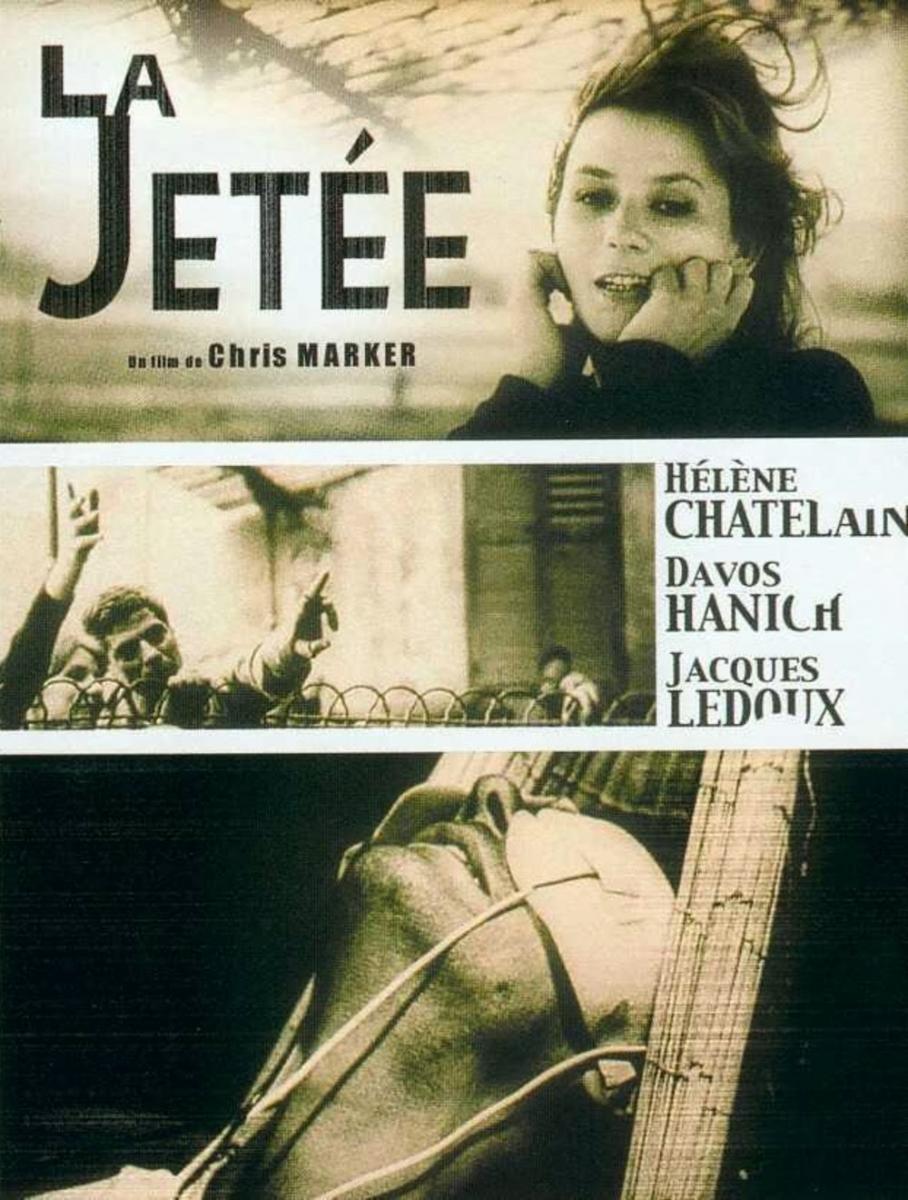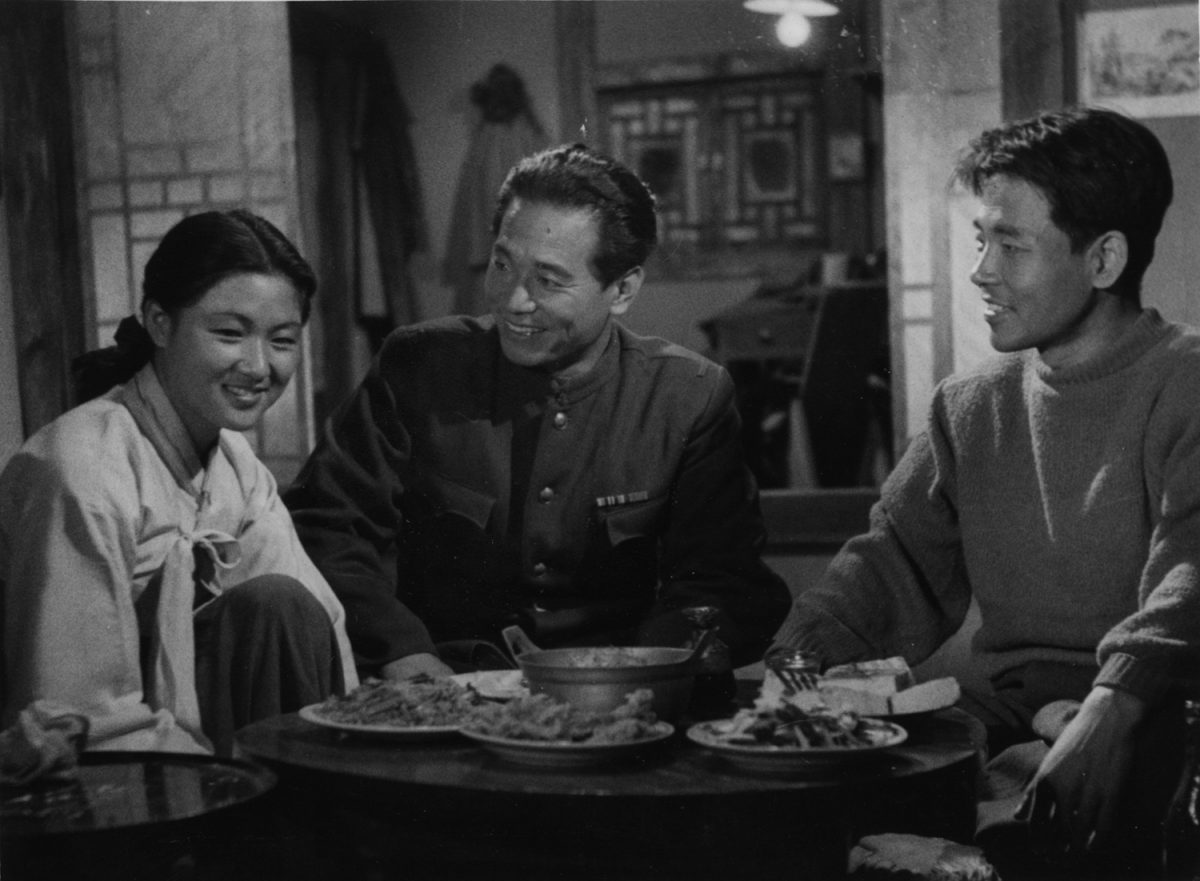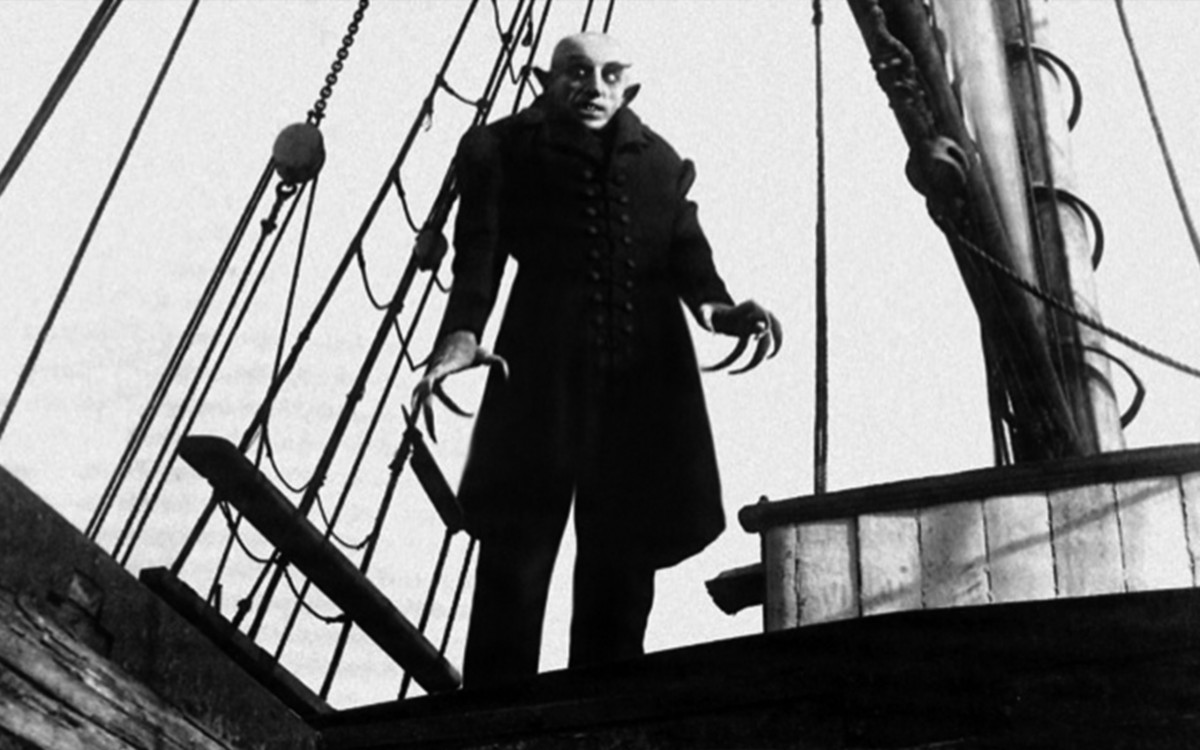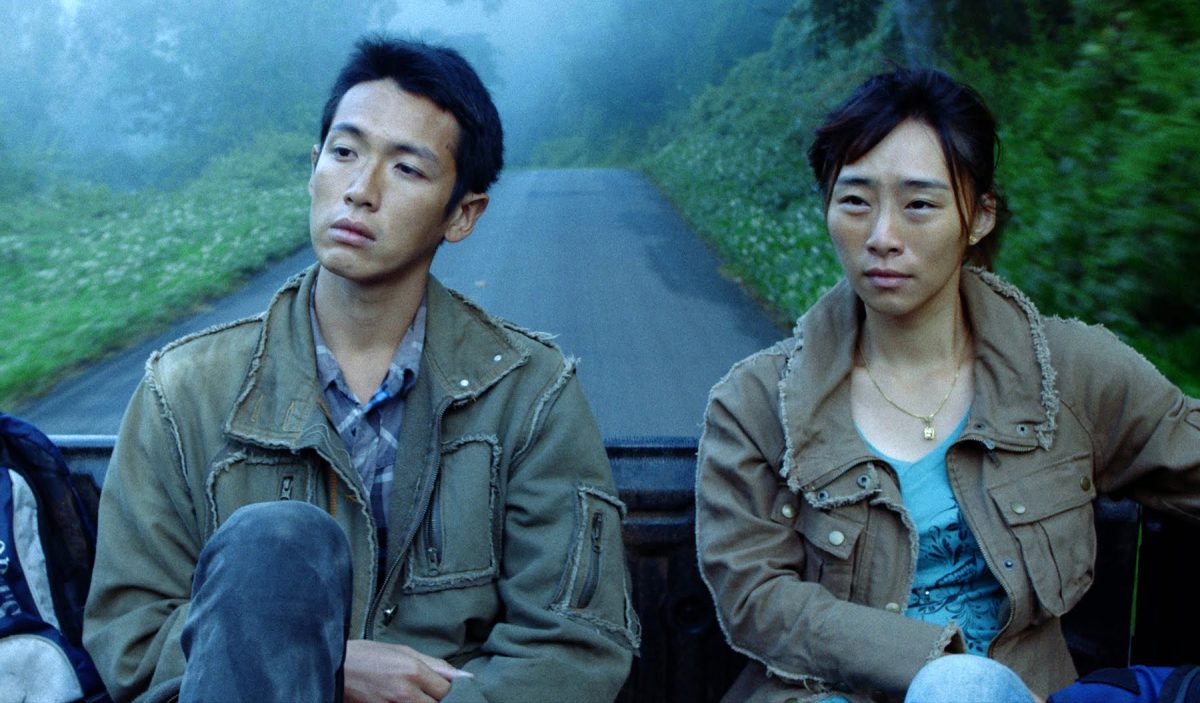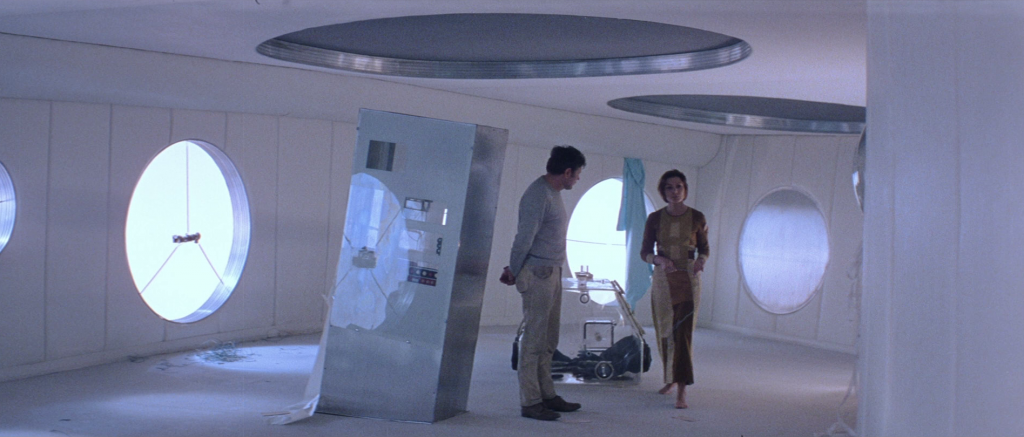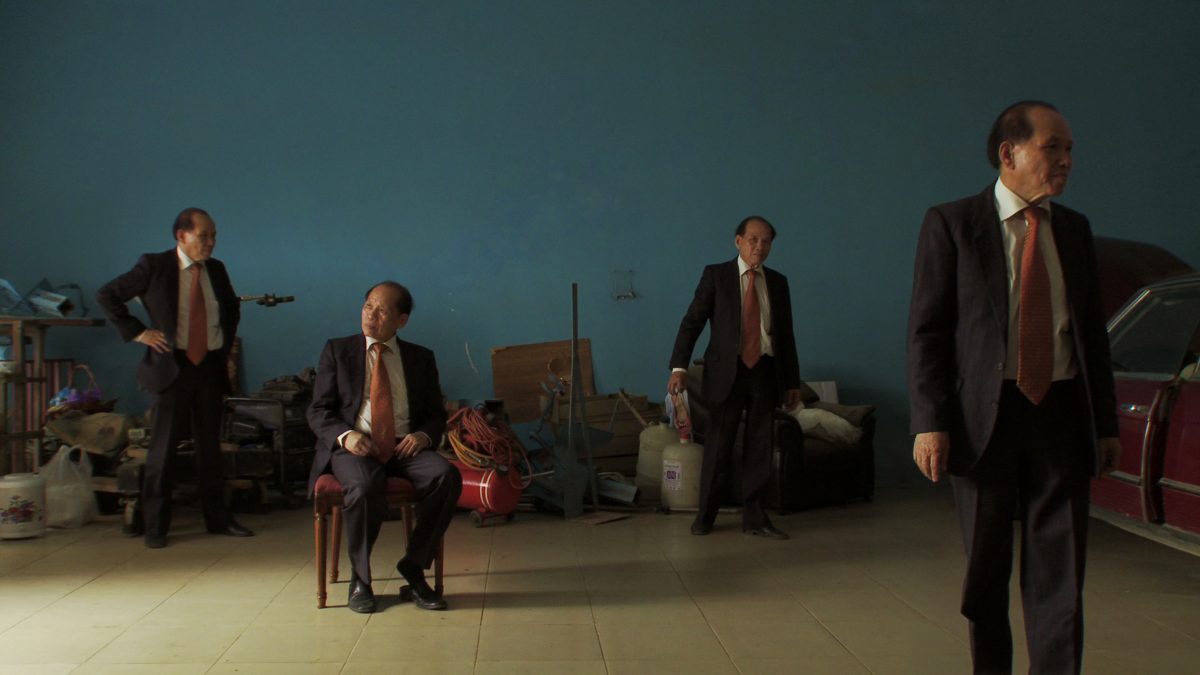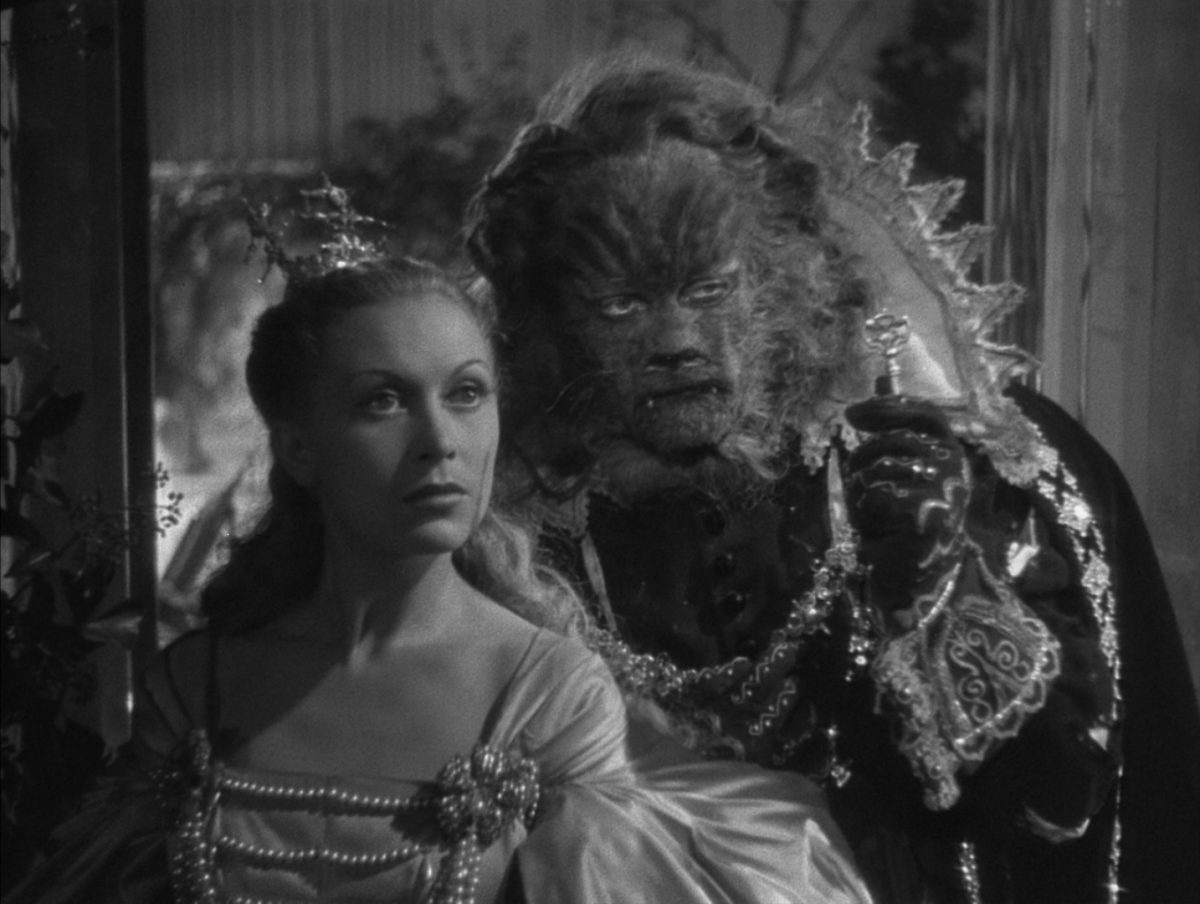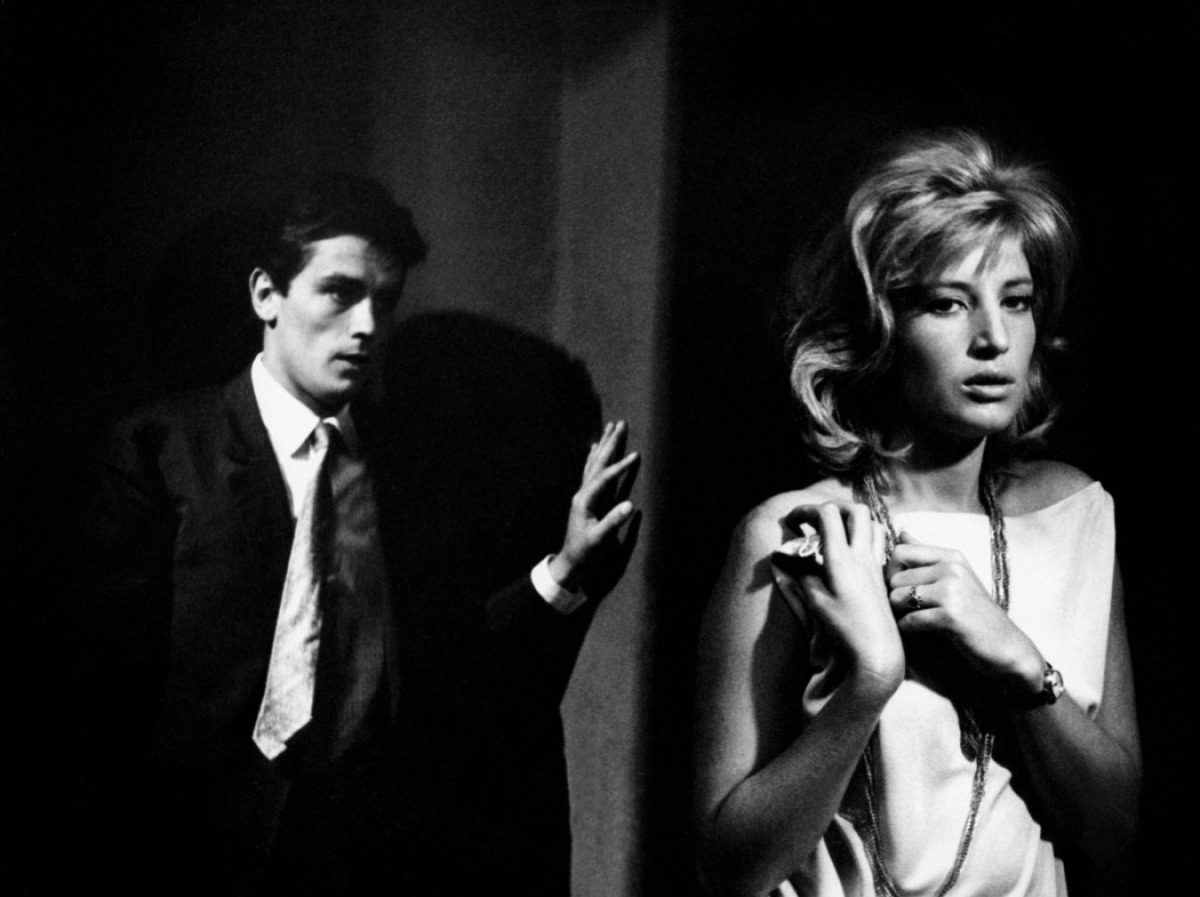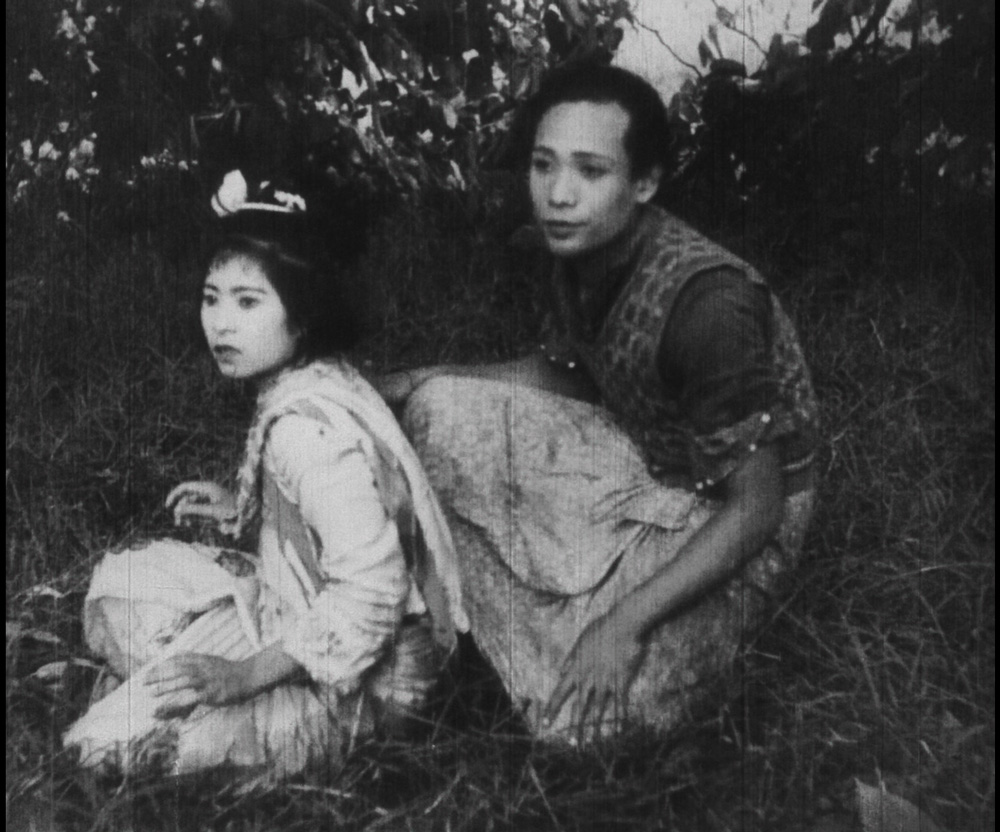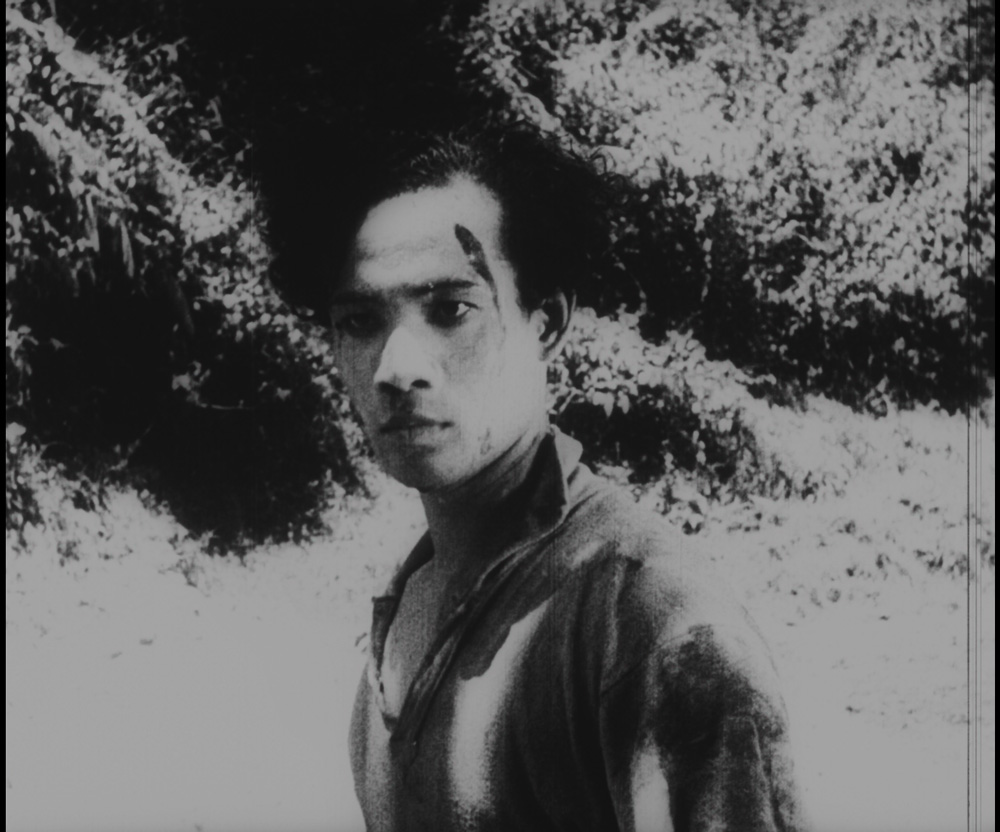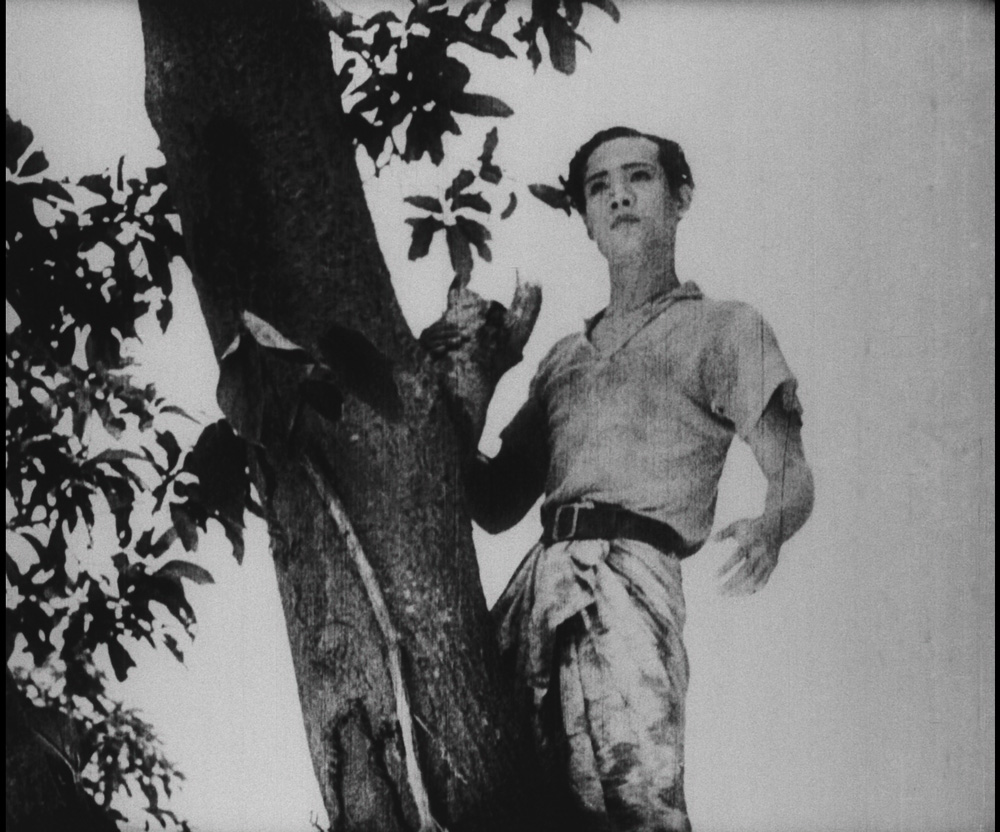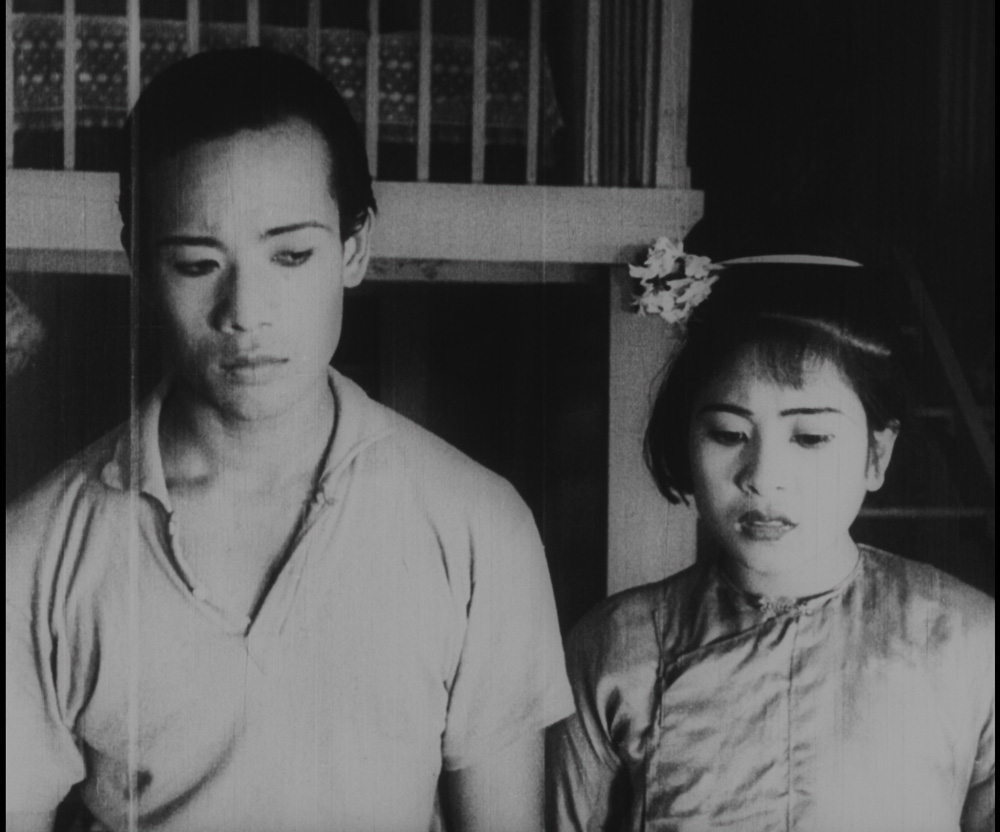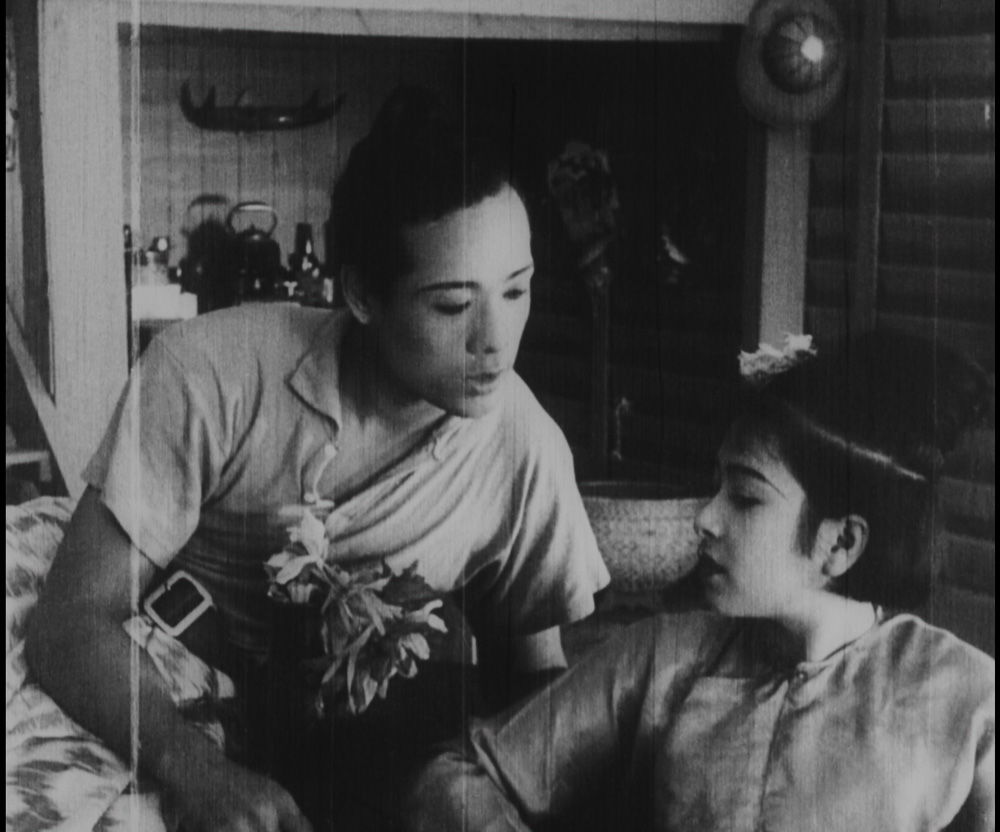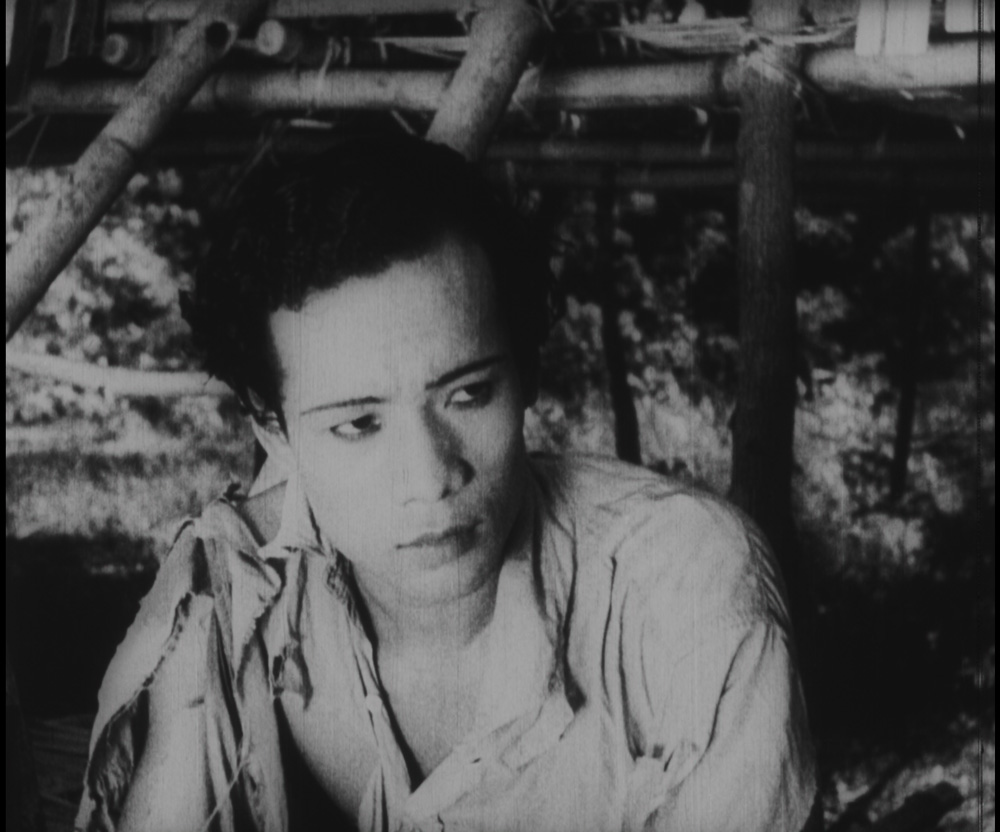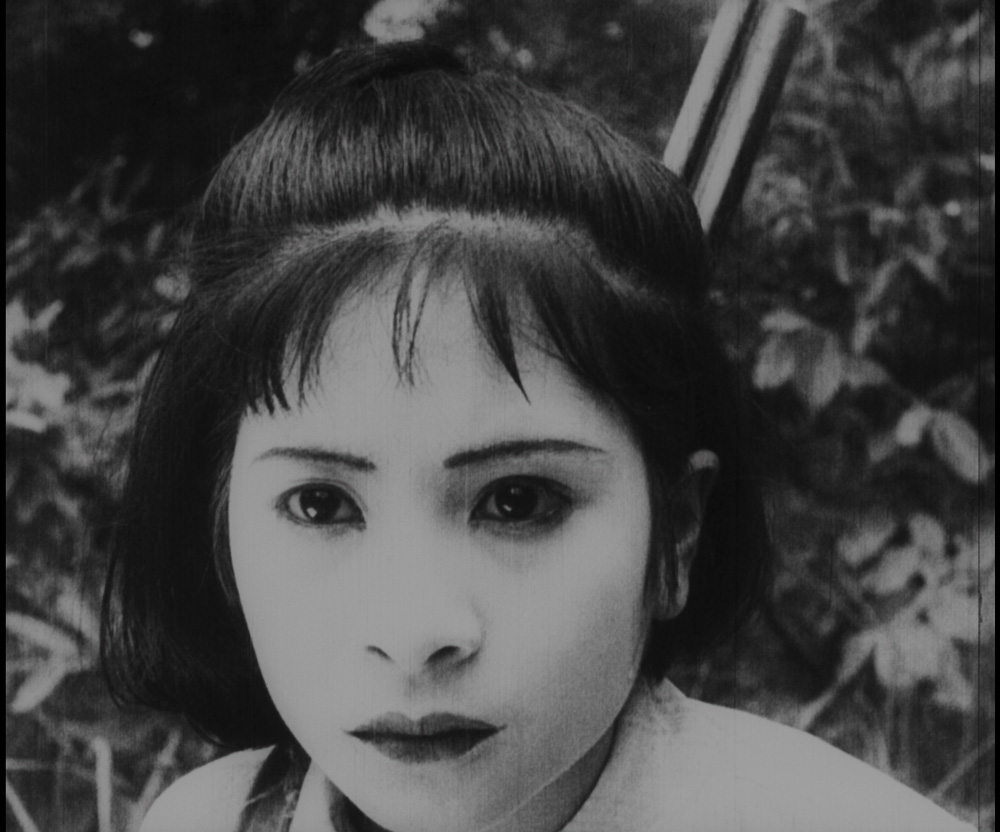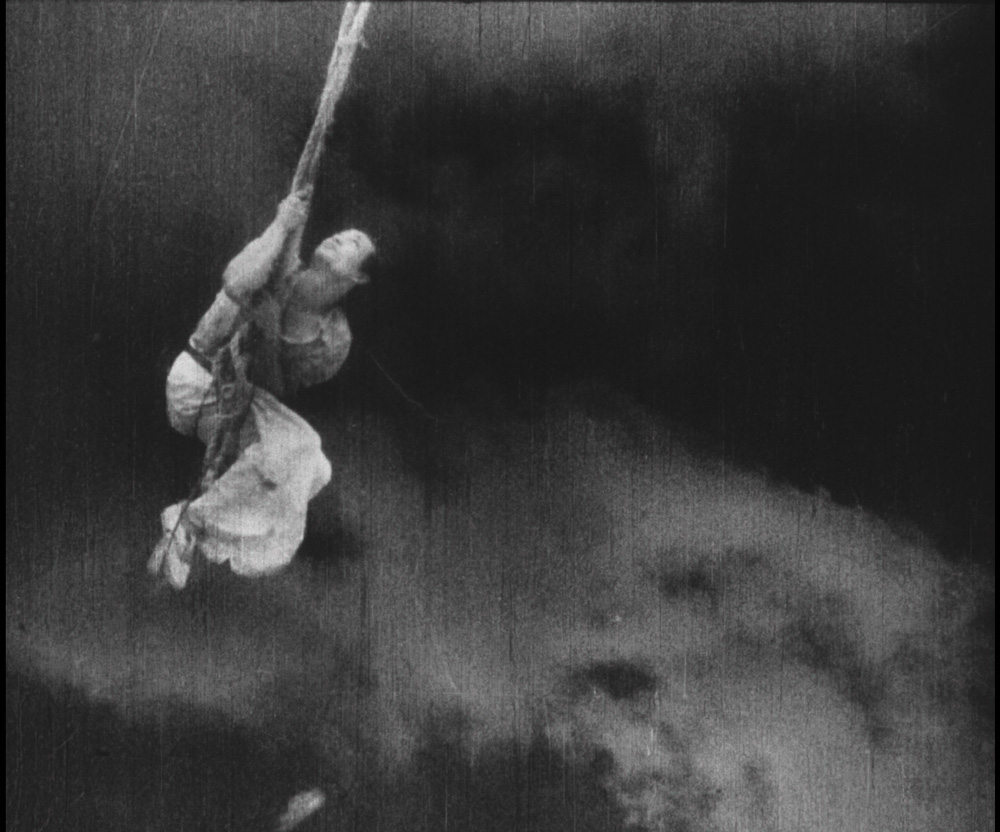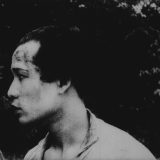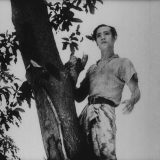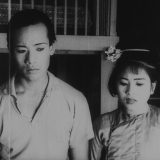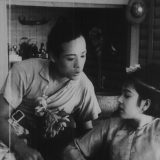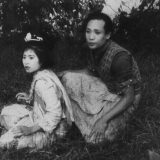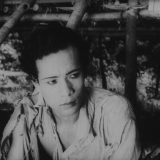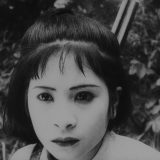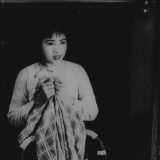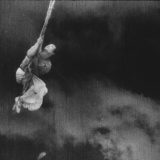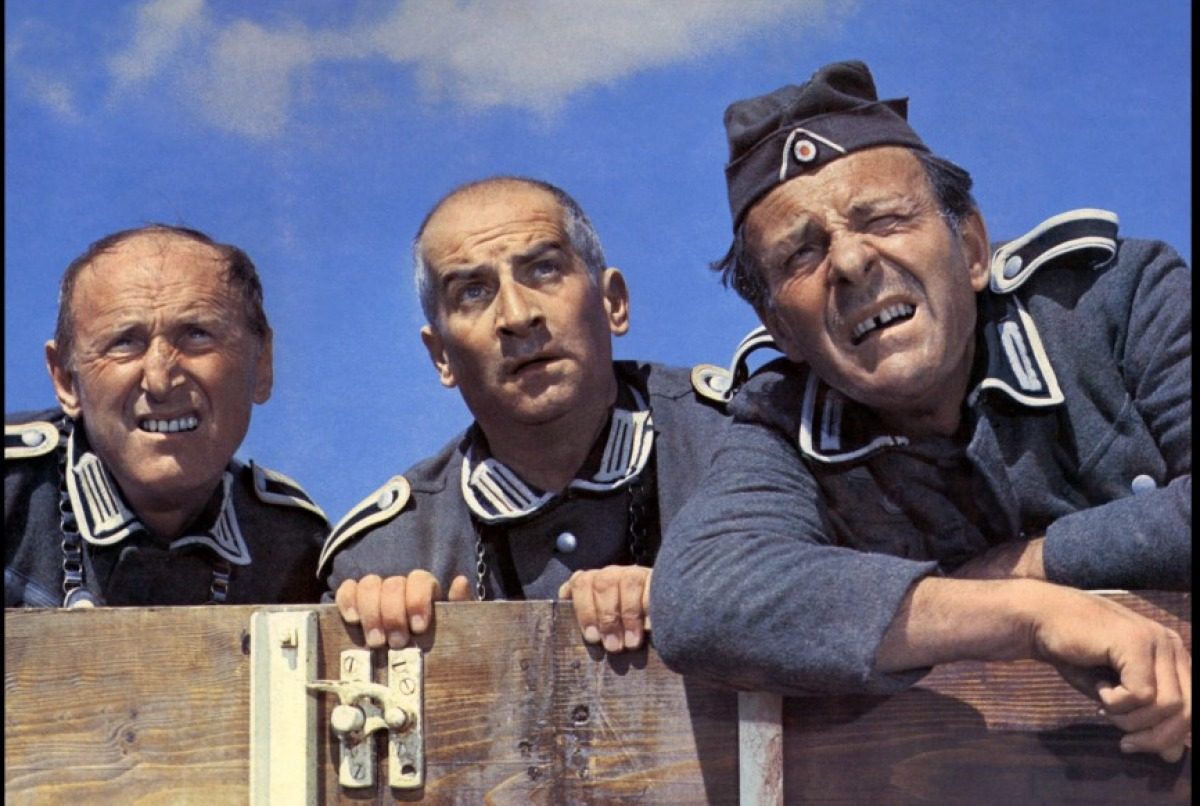Chris Marker
France – 1962

Screenplay: Chris Marker
Cinematography: Jean Chiabaut Chris Marker
Production: Argos Films
Language: French, German
Duration: 28 min
Color: Black and White
Synopsis: In post-apocalyptic Paris survivors live underground and scientists research time travel, hoping to send test subjects to different time periods to beseech both Past and Future to help save the Present. Only one test subject can withstand the psychological strain of time travel, the key to which is a vague but obsessive memory from his pre-war childhood, of a woman he had seen on the jetty at Orly Airport shortly before witnessing a man—his future self—die on the observation platform. During his numerous time-jumps to the past he develops a romantic relationship with the woman. The experimenters next send him into the far future were he acquires the technology to regenerate his own destroyed society, but upon his return he senses that he is to be executed by his jailers. The people of the future offer to help him escape to their time permanently, but he asks instead to be returned to the pre-war time of his childhood, hoping to find the woman. On the jetty at the airport the child version of himself witnesses how an agent of the present kills his future self as he rushes to the woman for the last time.



